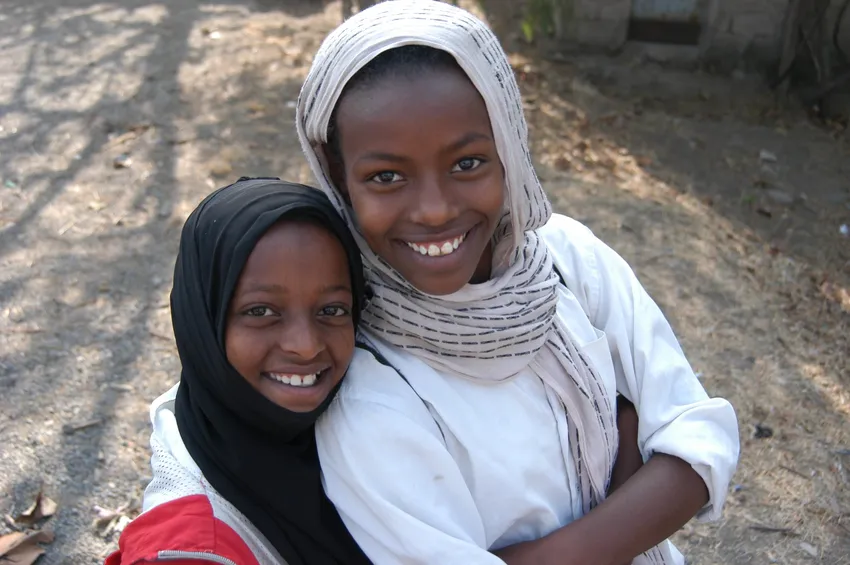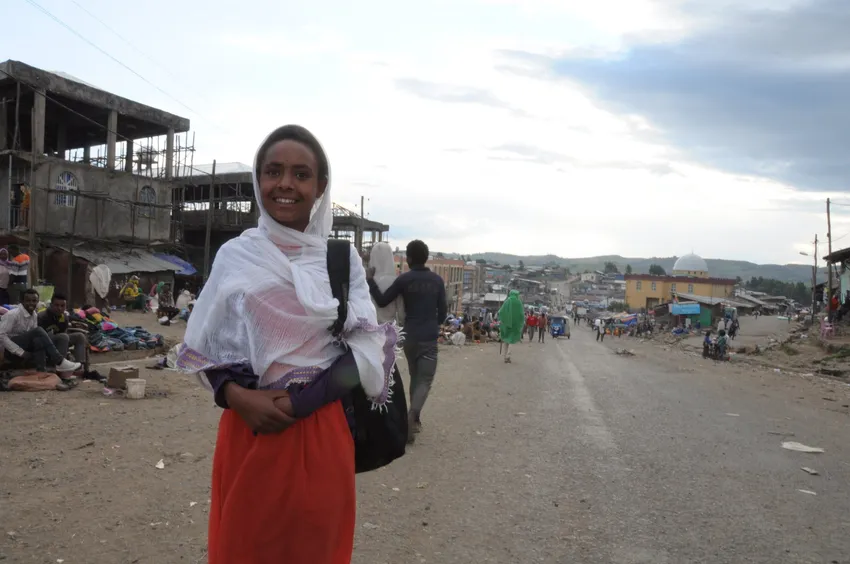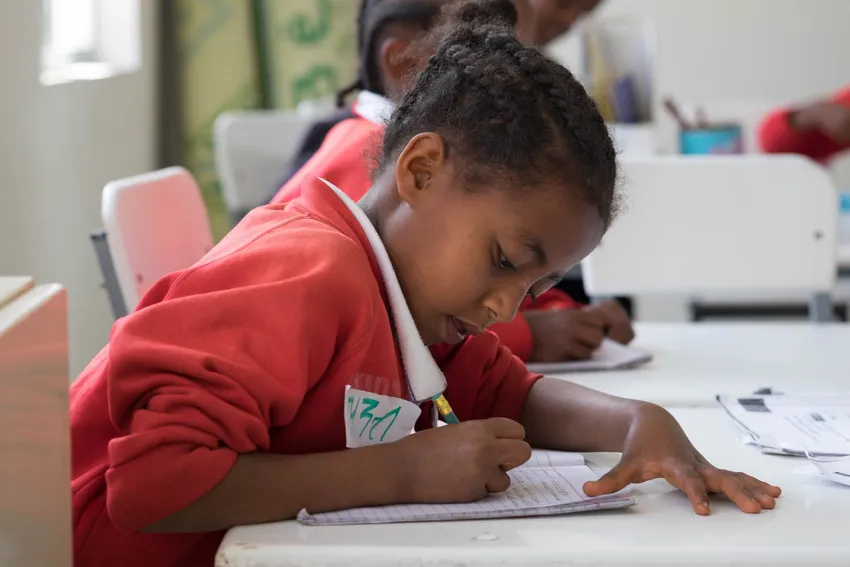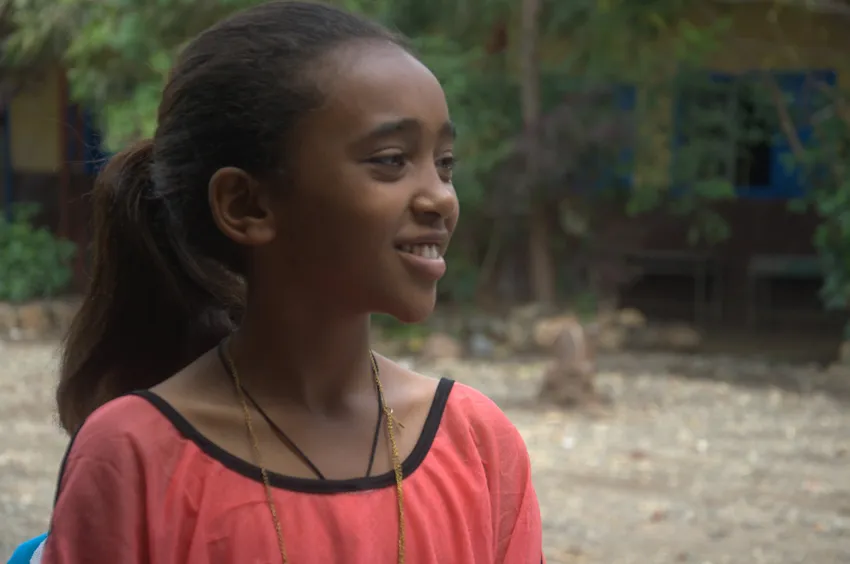We want girls to be able to go to school confidently so that they can achieve their full academic potential. Our Future Girls programme will work with students, teachers and schools to improve educational outcomes for girls.
Categories
Beneficiaries
In the first year of primary school the average class has more girls than boys. By the time they reach university, only three students in 10 are female. Girls still bear the burden of household chores and get less time and freedom study, they face the risk of sexual violence and harassment, and they have to manage their periods without adequate materials or facilities to do so. All of this means that girls often miss more school, achieve lower grades and drop out earlier than boys.
Future Girls brings together everything we have learnt from our projects on girls’ education to create learning environments that enable girls to go to school confidently. Practically, this means: spaces for girls to meet role models and get peer support; distribution of reusable period kits; training for girls on puberty, reproductive health, and their rights over their bodies; and training for teachers and boys about periods and other factors affecting girls’ safety, confidence and equality.



